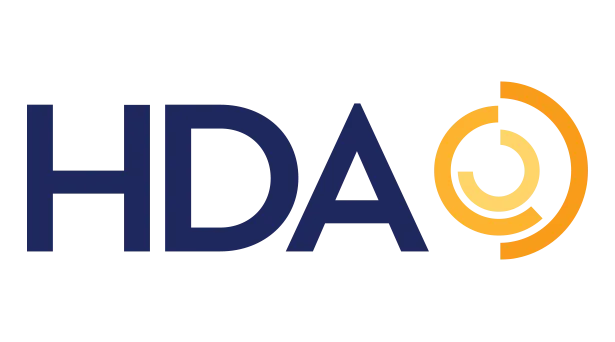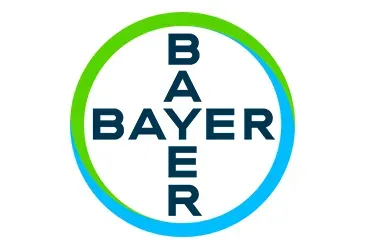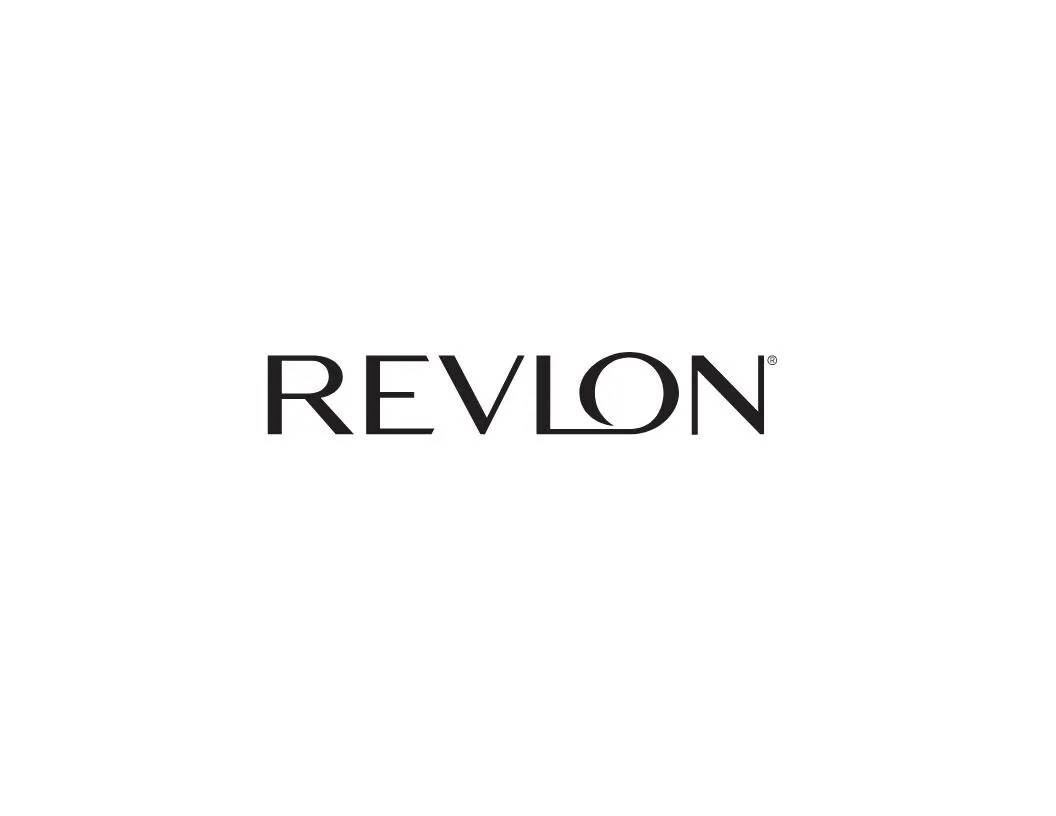WASHINGTON — Almost every industry is exploring the groundbreaking potential of new technologies involving automation, artificial intelligence (AI) and machine learning (ML), and the healthcare supply chain is no exception. While rapid innovation always brings some degree of uncertainty, the healthcare distribution industry has already found exciting opportunities for automation, AI and ML to assist employees, while also creating efficiencies that ultimately benefit providers and their patients.

Executives are clear that the use of these new technologies is intended to complement their employees’ work. As Michelle Greene, Chief Information Officer of Cardinal Health, stated in a recent interview, “Humans will always be important and always be valuable. I look at Gen AI as more of a complement to talent versus a competitor.”
From monitoring supply and demand to transforming distribution centers across the country, HDA distributor members are effectively deploying these innovations to support their trading partners and the healthcare industry more broadly.
Adapting to Changing Demand
The demand for medicines and healthcare products constantly fluctuates as hospitals, pharmacies and other healthcare providers conduct daily inventory checks to place orders with their distributor partners. AI and ML have begun to reshape this process by improving access to critical medications and reducing the cost of care for hospitals and health systems.
Last year, Cardinal Health announced the development of the InteLogix™ Platform, a solution for healthcare providers that allows hospitals and health systems to respond faster to changes in supply and demand. The platform is a unique solution that leverages AI and ML to optimize the hospital pharmaceutical supply chain. Its goal is to reduce the cost of care for health systems and ensure access to critical medications. Additional solutions will be added to the platform in the future, including predictive analytics, which will enhance the accuracy of inventory planning and forecasting, and product availability.
McKesson has also deployed and continues to scale AI capabilities and predictive analytics to help anticipate supply disruptions or shortages and provide insights to manufacturer partners and customers about how to manage their inventories.
Smart Warehousing and Inventory Management
Healthcare distribution centers have always been efficient facilities with passionate and dedicated employees who work to fulfill shipments to healthcare facilities across the country. Through advancements in automation and AI-driven technologies, distribution centers and their employees are leveraging this technology to become smart, automated hubs and ultimately reach more patients in the process.
McKesson’s newest Central Ohio and Clermont distribution centers are equipped with automated technologies to enable staff to pick, pack and ship medications faster while reducing redundant and labor-intensive work. “Our latest DCs redefine distribution excellence and seamlessly blend advanced innovations with a commitment to our customers, our employees and our environment,” says Todd Kleinow, Vice President of Strategic Distribution Experience, at McKesson.
To support inventory management, McKesson also developed tools and algorithms that apply AI in the supply chain such as predicting when products will be out of stock before regular replenishment. This enables McKesson to move products more quickly and nimbly throughout its distribution centers, enhancing the ability to deliver critical medications when and where they’re needed most.
In April 2023, Cardinal Health at-Home Solutions’ distribution center in Grove City, Ohio, opened as the first distribution center in the company’s global network to use AutoStore robots, a robotic picking solution that is helping distribution center staff serve more customers and develop more efficient processes. This technology is also expected to be featured at additional Cardinal Health at-Home Solutions’ distribution centers in the future.
Cencora, which recently opened its third distribution center for specialty drugs in California, leverages AI and ML algorithms to improve demand forecasting, optimize inventory management and enhance customer service.
Enhanced Logistics and Routing
Once orders have been assembled, sophisticated new technologies help distributors securely track every step of a medicine’s journey and react immediately to any potential deviations during transportation.
In 2023, Cencora’s World Courier, a global specialty logistics provider, announced plans to start deploying a real-time location monitoring (RTLM) solution for all multi-use packages. By facilitating seamless data transmission across their global network, the RTLM technology enhances Cencora’s ability to proactively monitor shipments and anticipate potential risks to ensure the secure and timely distribution of products to customers.
Supporting Healthcare Providers and Patients
While healthcare distributors are not directly involved in patient care, they are critical partners to healthcare providers and are using these new technologies to help improve patient outcomes.
Research has long confirmed that patient outcomes depend heavily on social determinants of health (SDOH), but healthcare providers do not always have the training and tools to accurately analyze SDOH and incorporate it into clinical decisions. To help providers incorporate SDOH into treatment decision-making, Cardinal Health partnered with Jvion, a clinical AI developer, to create an AI and machine learning tool within Cardinal Health’s Navista TS point of care platform. By leveraging AI-driven insights, the tool alerts a patient’s oncologist to rising risks for adverse events, decreasing the potential for negative health outcomes.
Henry Schein has been supporting dental practices by incorporating AI solutions into Dentrix Ascend, their cloud-based practice management software to help dentists more quickly evaluate X-rays and provide effective treatment recommendations to patients. These solutions include Dentrix® Ascend Detect AI powered and manufactured by VideaHealth, and Dentrix Ascend Voice, powered by Bola AI. An FDA-approved study by VideaHealth revealed a 43 percent decrease in missed diagnoses by dentists employing the AI-powered system. The study also documented a 15 percent reduction in false positives, suggesting a substantial improvement in diagnostic accuracy and the potential for optimal treatment plans for all patients.
AI and predictive analytics also hold tremendous potential to empower stakeholders within the healthcare payment chain to create smarter co-pay assistance programs. Leveraging insights from the RxCrossroads team, McKesson’s new report, “How AI is Driving More Intelligent Co-Pay Strategies,” explores how intelligent predictive-modeling strategies offer biopharma manufacturers a more effective pathway for supporting patients struggling under rising costs and affordability barriers. Cencora leverages AI and predictive analytics to deliver enhanced patient services, including solutions designed to accelerate time-to-therapy and ensure patients remain engaged and supported throughout the treatment journey. For example, Cencora uses ML and AI to automate and streamline the benefit verification process, enabling near real-time response.
Enriched Employee Experience
The use of AI also creates opportunities for companies to provide additional value to their employees. McKesson has successfully deployed AI to enhance its employee experience with a platform called Amelia. Amelia is a virtual HR assistant who can address McKesson employee questions 24/7. Currently, Amelia can assist with everyday HR tasks, from checking an employee’s PTO balance to locating McKesson policies. This tool continues to learn and improve through information from McKesson’s HR team.
Partners in Innovation
While it is impossible to predict the full extent to which automation, AI and ML will continue to evolve and shape the U.S. healthcare system, HDA’s distributor members are already adapting to and implementing the next wave of new technologies to enhance the lives of their employees and customers. Steve Collis, chairman, president and CEO of Cencora, articulated the industry’s perspective in an interview, emphasizing that “it’s incumbent on us to use any sort of technology or productivity tool to give better service … I think the data and insights [from AI] are an incredible opportunity for us moving forward.”
Learn more about the role and value of HDA member healthcare distributors at HDA.org/health-delivered. Be sure to follow HDA on X and LinkedIn for regular updates about how our members are innovating to meet the needs of patients and providers.








